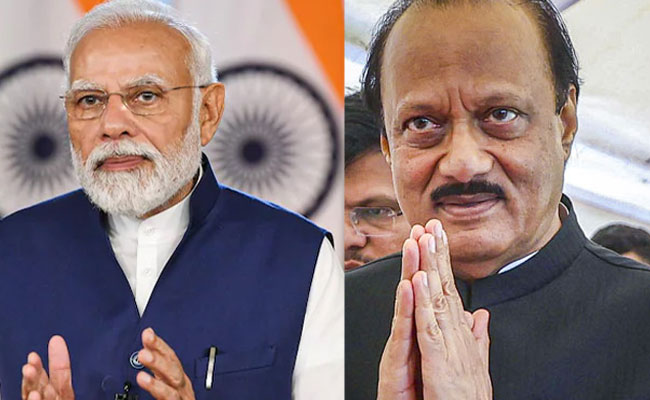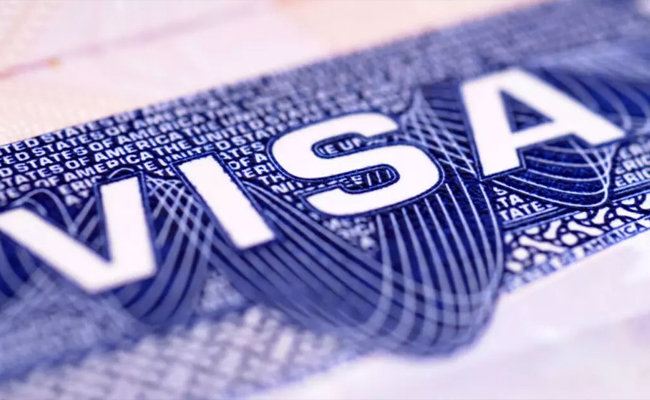New York (AP): Twitter is once again adding gray official labels to some prominent accounts. The company, in its second chaotic week after billionaire Elon Musk took over, had rolled out the labels earlier this week, only to kill them a few hours later.
But on Thursday night they were back again, at least for some accounts including Twitter's own, as well as big companies like Amazon, Nike and Coca-Cola.
Some media companies, such as The New York Times and The New Yorker also had the labels as of 9 pm Pacific time, while others, like The Wall Street Journal and The Los Angeles Times, did not.
Celebrities, some of whom have been impersonated this week since Musk began overhauling Twitter's blue check verification system, also did not appear to be getting the official label.
Twitter began offering a subscription service this week that for USD 8 a month gets anyone who wants without actual verification the blue check mark that previously was given to prominent accounts to prevent impersonation.
Now, there are two categories of "blue checks", and the check marks look identical. One, which includes the accounts that were actually verified before Musk took helm, now note that This account is verified because it's notable in government, news, entertainment, or another designated category . The other notes that the account subscribes to Twitter Blue.
Earlier on Thursday, Musk tweeted that too many corrupt legacy Blue 'verification' checkmarks exist, so no choice but to remove legacy Blue in coming months. (AP)
Let the Truth be known. If you read VB and like VB, please be a VB Supporter and Help us deliver the Truth to one and all.
Baramati (PTI): The last rites of Maharashtra Deputy Chief Minister Ajit Pawar, killed in a plane crash, will be held with full state honours on Thursday in Baramati, Pune district.
Prime Minister Narendra Modi and Union Home Minister Amit Shah are expected to attend the funeral, which will be held at Vidya Pratishthan ground at 11 AM. Leaders cutting across the political spectrum will be present, the Nationalist Congress Party said.
The plane crash occurred in the morning shortly after Ajit Pawar and four other persons took off from Mumbai.
Besides Pawar, his Personal Security Officer, an attendant, and two crew members (pilot in command and the first officer) were also killed.
Pawar is survived by wife Sunetra, a member of the Rajya Sabha, and two sons, Parth and Jay.
The state government declared a public holiday on Wednesday and announced a three-day period of state mourning.





